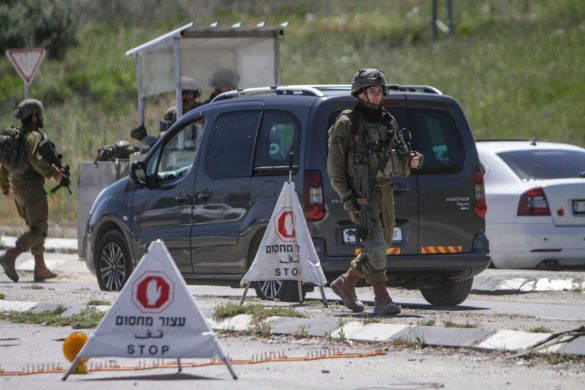Pakistan tog broderparten af læsset, men også slemt i Somalia – samlet set har naturens udsving kostet landene et astronomisk beløb – og omkostningerne ved det arabiske forår er ikke regnet med.
DUBAI, 2 April 2012 (IRIN): The Muslim world is increasingly in the “eye of the cyclone”, with disasters and crises affecting tens of millions of people in Muslim countries last year, a senior official with the Organization of Islamic Cooperation (OIC) told a humanitarian conference in Dubai – se også http://www.oic-oci.org/home.asp
In 2011, 38 of the 57 OIC member countries and 55 million people were affected by “disasters and chronic emergencies”, Atta Elmanan Bakhit, OIC assistant secretary-general for humanitarian affairs, said at the Dubai International Humanitarian Aid & Development Conference & Exhibition.
Disasters brought a total financial loss of 68 billion US dollar in those Muslim countries, he said, quoting figures that will be published in OIC’s annual report, to be released later this month.
These numbers do not include political crises, namely the Arab Spring, and are tabulated based on information from member states.
They are up from 2010 when 36 countries and 48 million people were affected, with 53 billion dollar in losses, according to an OIC survey.
“In the Muslim world now, we have regularly a lot of disasters,” Bakhit said, adding that the OIC has had no choice but to start playing a larger role in humanitarian affairs.
The OIC is active in coordinating humanitarian assistance in Somalia, where it has access in many areas Western aid workers do not; and along with the UN, the OIC accompanied the government in the first humanitarian assessment of areas affected by the unrest in Syria.














